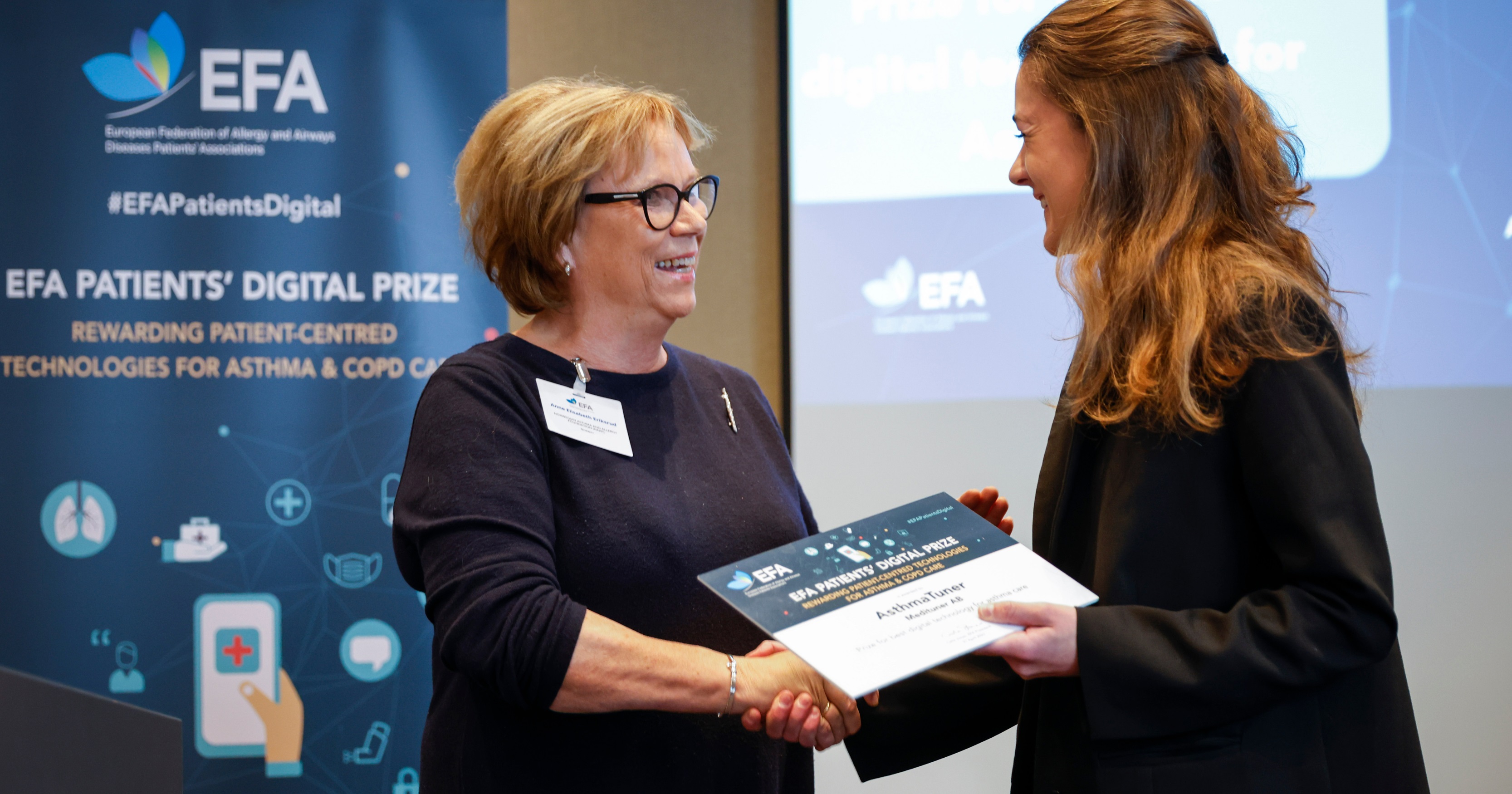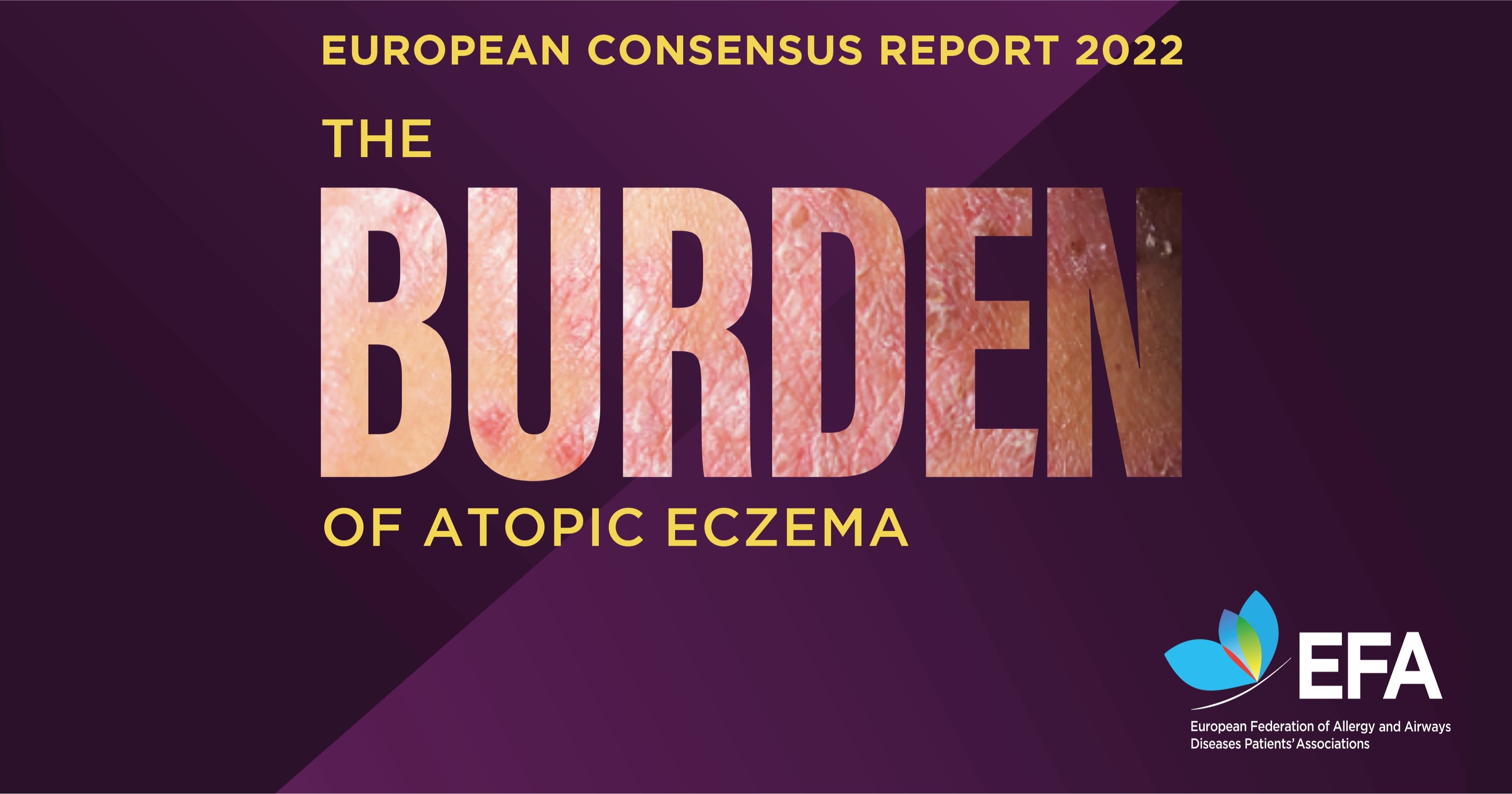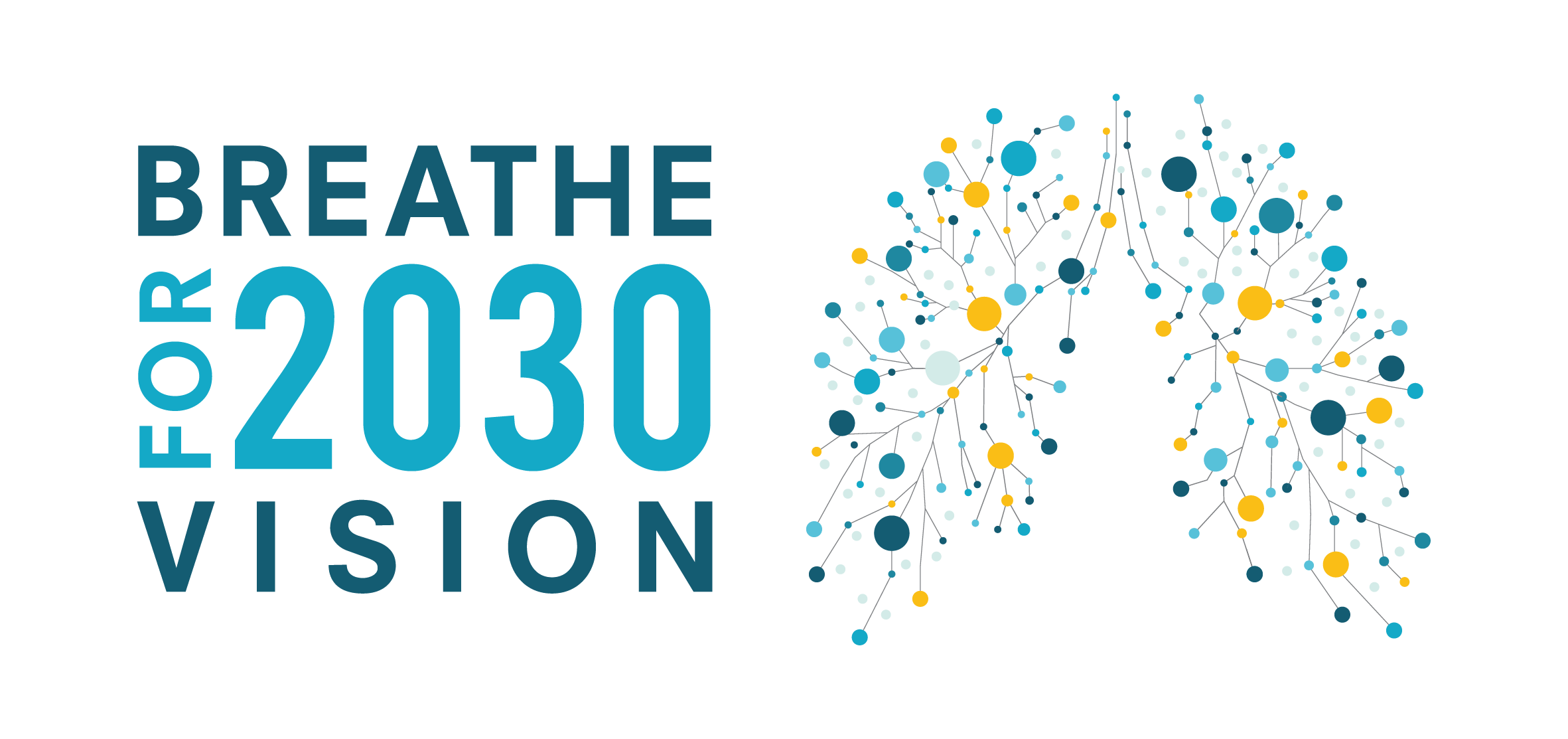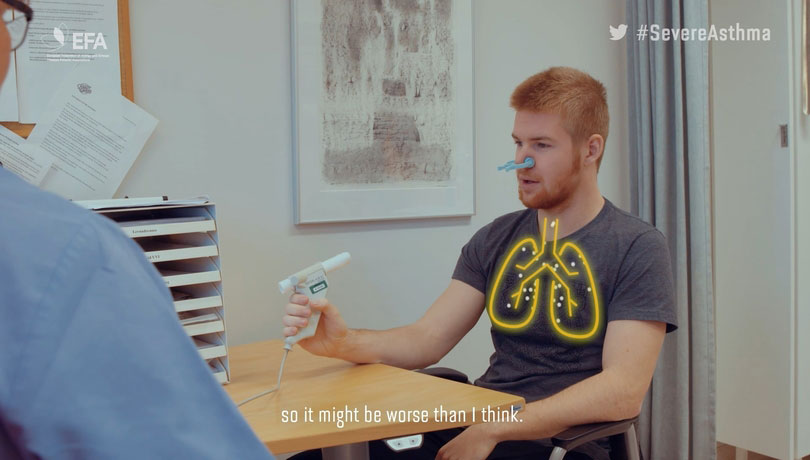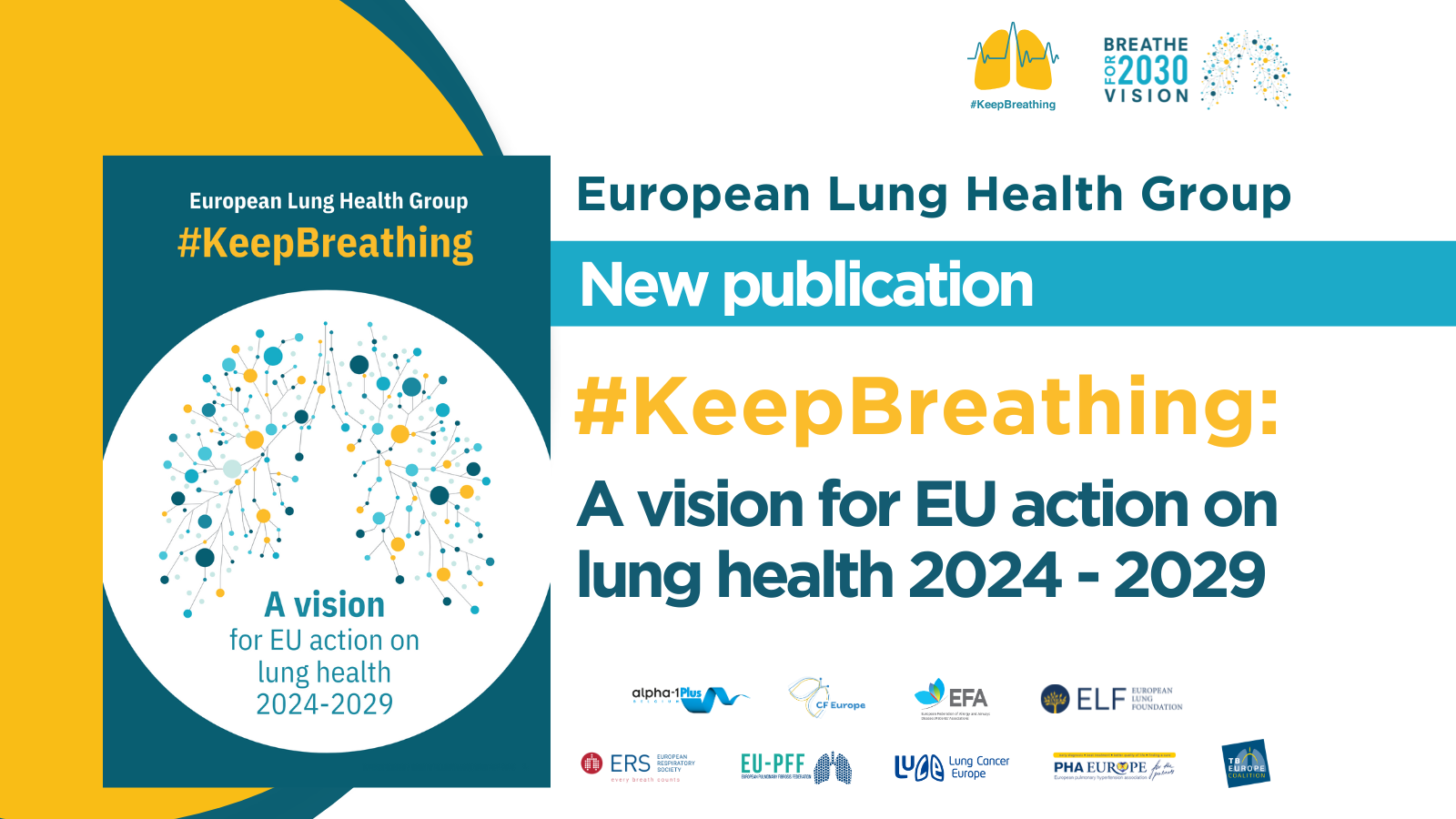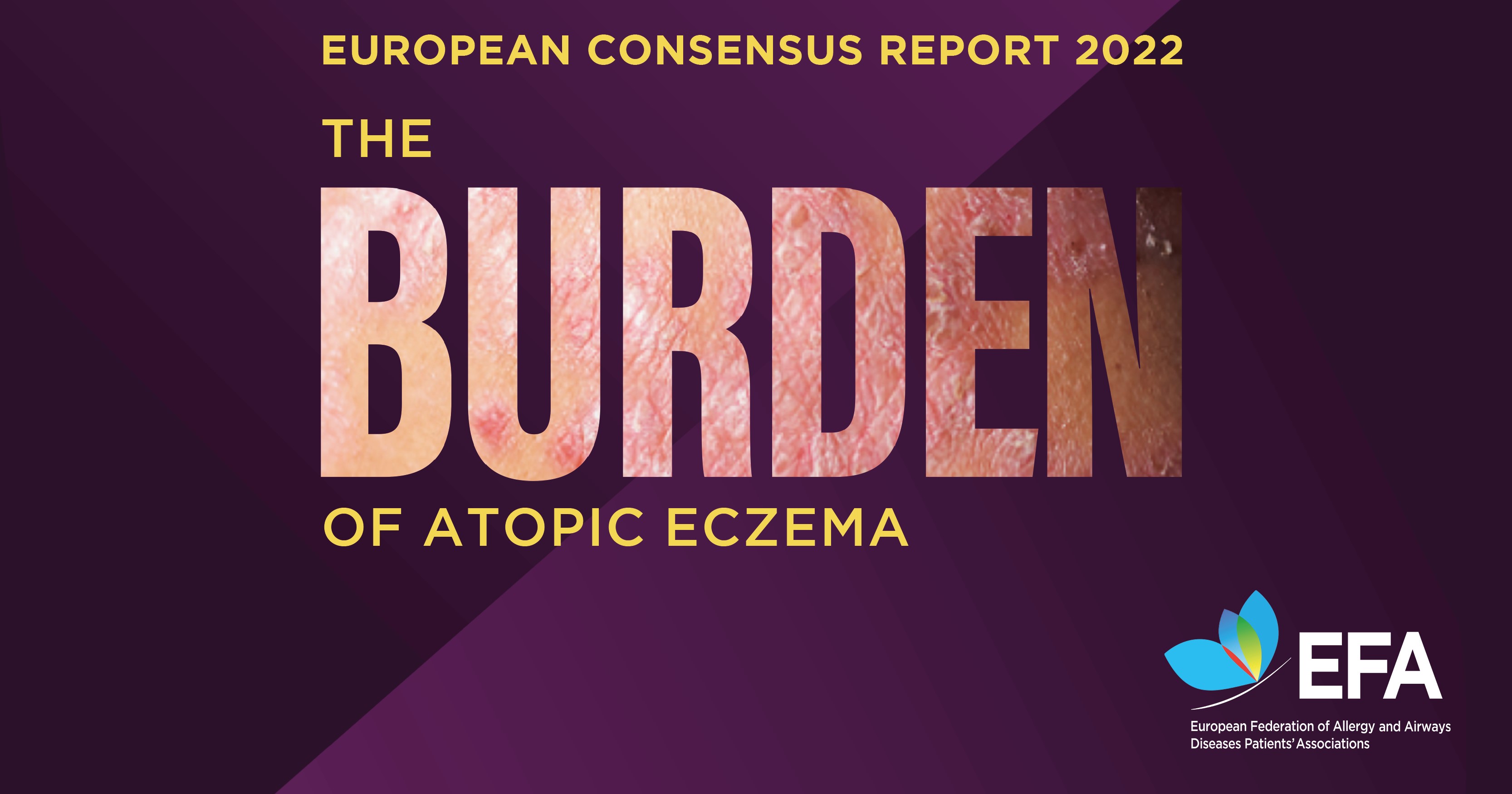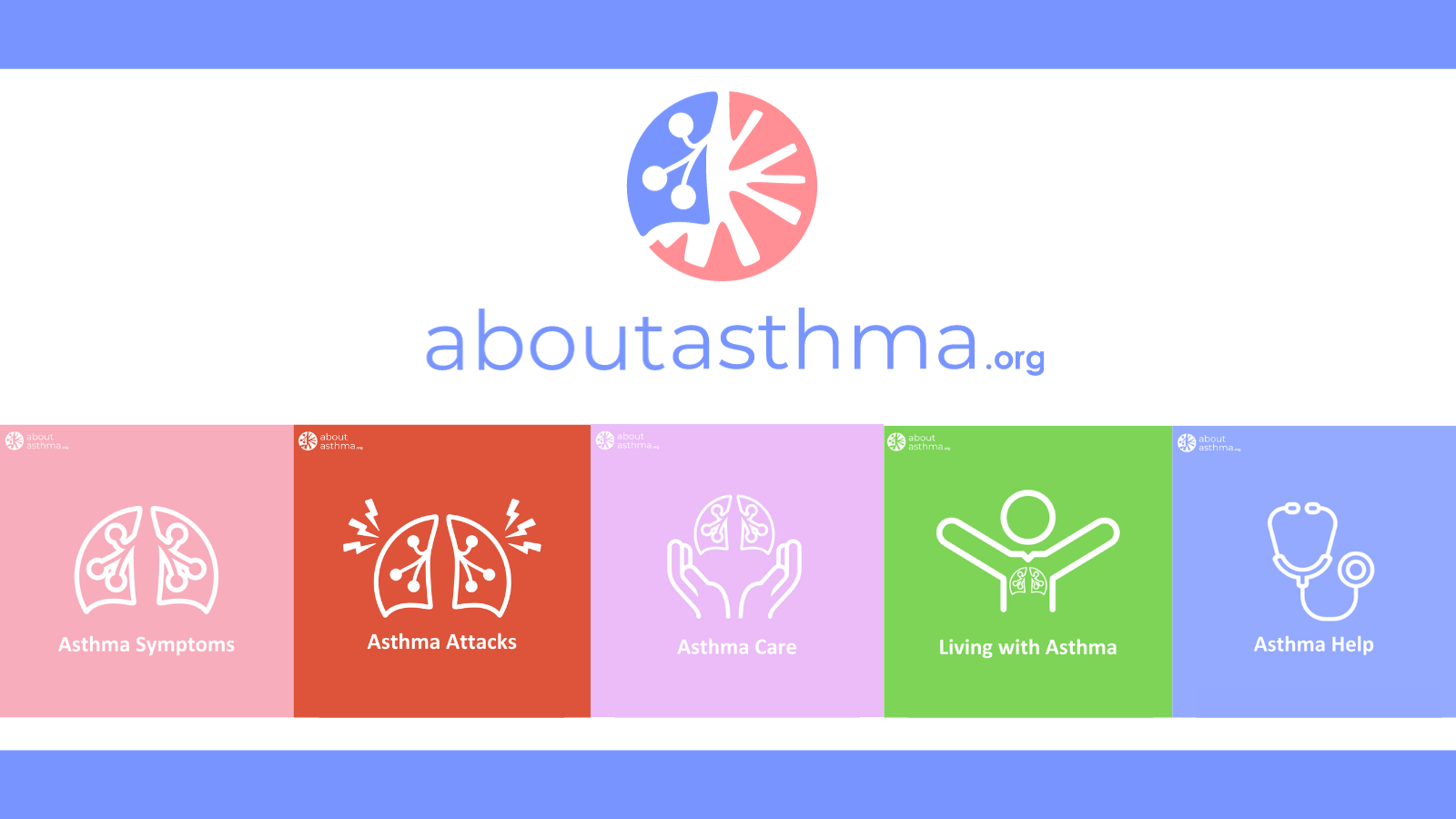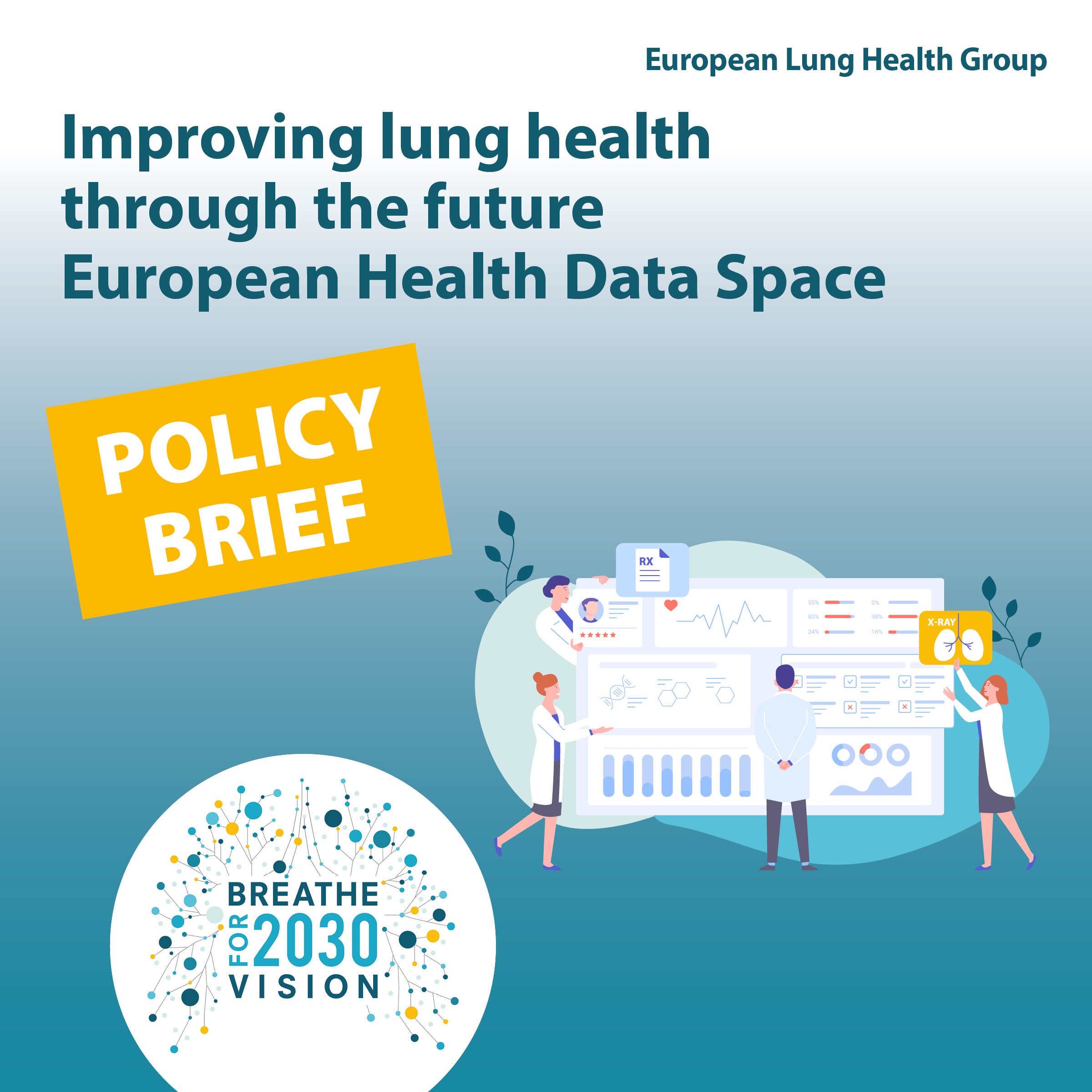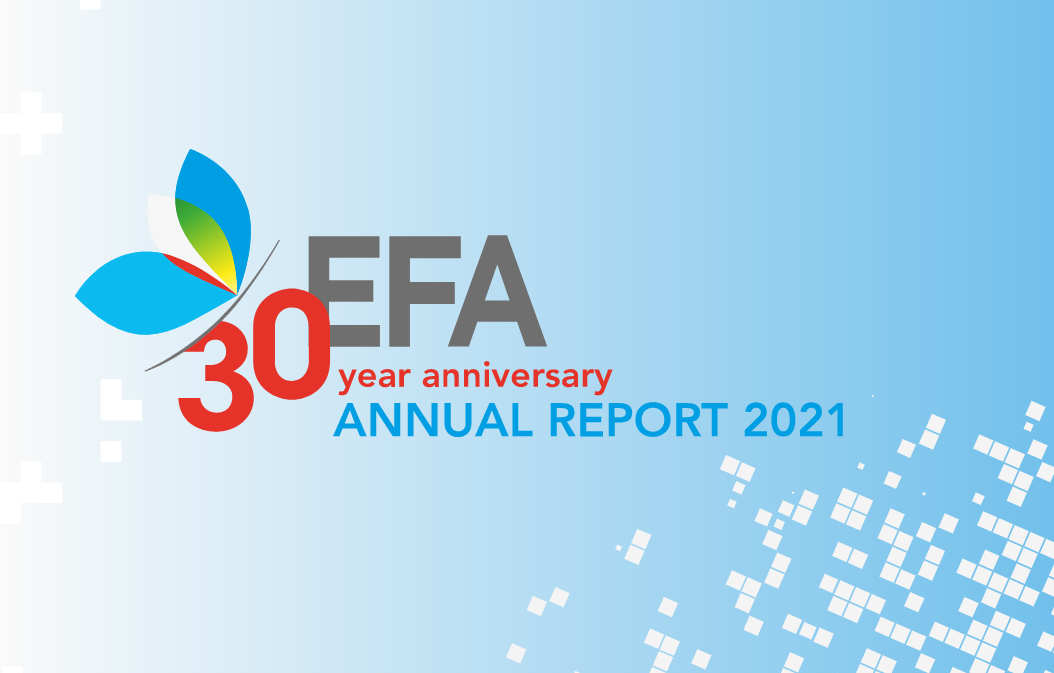In March, the Tobacco Products Directive was finally adopted by the Council and ended a process started more than 1 year ago to protect Europeans’ health. The new health programme for the period up to 2020 was published and the institutions started to discuss the new air quality package proposed at the end of last year by the Commission.
Medical devices on the spotlight
EU Policy Advisor Roberta Savli took part in the 7th Patients-MedTech Dialogue meeting on March 21. This dialogue is a valuable forum of discussion for patients and medical devices industry representatives and is jointly organized by the European Patients’ Forum (EPF) and Eucomed. During the meeting, the preliminary outcomes of the “Patient-Centred Company Check-list Taskforce” were presented. This taskforce aims at developing comprehensive criteria for a patient-centered company and Roberta Savli is one of the members. In the afternoon, a second workshop on the revision of the medical devices legislation was organized. As a follow-up to the more general previous meeting held in January, this time the discussions focused on three specific points: patients’ involvement, clinical evaluation of medical devices and transparency of information to the public at large. EFA presented patients’ expectations in the first topic, giving the best examples of how the European Medicines Agency (EMA) involves patients, especially in the dedicated Patients’ and Consumers’ Working Party (PCWP).
MEPs act for asthma and allergies
EFA is happy to announce that some MEPs are quite active in addressing asthma and allergies problem. MEP Bart Staes (Greens/EFA) asked the European Commission about its actions in terms of allergic diseases, as more than 150 million EU citizens suffer from chronic allergic diseases, among them 100 million Europeans suffer from allergic rhinitis, 70 million from asthma and more than 17 million Europeans suffer from food allergies or severe allergies. The EC reported on the following steps taken to acknowledge the burden of allergic diseases:
(1) The Commission is encouraging cooperation and coordination between Member States in the area of chronic diseases in general by co-financing a joint action addressing barriers to their prevention, screening and treatment;
(2) An EU Summit on chronic diseases is convened in order to analyse action to date;
(3) The Commission is promoting EU action to support choosing healthier diets and lifestyles;
(4) In relation to food allergies, the particular attention is given to food labelling, particularly to the information on the presence of ingredients causing allergies and intolerances;
(5) The REACH Regulation allows identification of high concern allergens and restricts their use;
(6) Through the Seventh Framework Programme for Research, the Commission has invested over EUR 79.5 million in research on allergies and atopic diseases. Horizon 2020 will provide further opportunities to support this area of research.
Another significant question about non-prepacked food was raised by MEP Franz Obermayr (Non-attached member). He noted that most food allergy and intolerance incidents can be traced back to non-prepacked food, often served in restaurants or at catering counters. Consumers with food allergies or intolerances need the information on the presence of substances causing these allergies or intolerances on such products in order to be able to make informed and safe choices. The Commission responded that under the regulation on food information to consumers, as of 13 December 2014 the information on the presence of substances causing allergies or intolerances will also be mandatory for non-packaged foodstuffs. EFA is planning to organise an event at the European Parliament to present the options chosen by several EU Member States and as a follow-up to our previous event of September 2012. MEP Adam Bielan (European Conservatives and Reformists Group) called European Union institutions and Members States for a Motion for Resolution to acknowledge that asthma is a disease of civilization, which requires a comprehensive approach with regard to diagnosis and monitoring. Furthermore, he pointed out that it is essential to work together with the World Health Organisation in relieving the burden that asthma places on the people of Europe. Despite the fact that the Motion for Resolution is not legally binding document, it is still very important that MEPs discuss asthma, its incidence and the effects on people’s health in Europe.
EU tobacco products directive is final
On March 14, the Council has formally adopted the revised Tobacco Products Directive governing the manufacture, presentation and sale of tobacco and related products. The new directive is aimed to ensure a high level of health protection for European citizens by introducing the following measures: 1. Health warning covering 65% of the front and back of tobacco products packages; 2. Prohibition of slim and fancy tobacco products packages; 3. Ban on tobacco flavours after the entry into force of the directive for cigarettes and roll-your own tobacco. Menthol will be banned as for 2020; 4. Prohibition of many harmful addictives; 5. Regulation of electronic cigarettes. EFA has been advocating for a stronger directive that protects the health of people in Europe since the Commission’s proposal was out and we are happy to see that many of the provisions go in the direction of eliminating the deadly habit of smoking, especially for young people. A briefing on the new text will be available soon at EFA’s website.
EFA presents patient perspective at the European Conference on Tobacco and Health
Roberta Savli is in Istanbul for the Sixth European Conference on Tobacco or Health (ECToH) on March 26-29. This conference organized under the auspices of the European Cancer League (ECL) is a must for policy makers, scientists, health educators, advocacy officers and healthcare professionals involved in tobacco control. This year’s theme is “Towards a tobacco-free Europe and world”. EFA is attending the scientific programme, distributing EFA Manifesto for European Parliament Elections to interested stakeholders at the stand of European Network for Smoking and Tobacco Prevention (ENSP), and presenting the rights of the most vulnerable people to be protected from exposure to second-hand smoke in the ENSP pre-congress workshop “Smoke-free environments from the Human Rights perspective”. Updates on the conference will follow in next newsletter.
The European Commission publishes its Health Programme for 2014-2020
The European Commission has published its Third Health Programme. The programme builds on the two previous health programmes 2003-2007 and 2008-2013, and it aims to support and complement Member States' efforts to achieve four objectives: (1) to promote health, (2) to reduce health inequalities, (3) to protect people from serious cross-border health threats, (4) to encourage innovation in health and increase the sustainability of their health systems. The new health programme emphasises that the health is a value by itself and that health sector has the potential as a driver for economic growth and is expected to contribute to the achievement of goals set by Europe 2020. EFA will continue its work in reaching the objectives of the programme and improving public health for all European citizens.
Air pollution in focus in March
Environmental Council Meeting
The first formal Environmental Council meeting under the Greek Presidency took place in Brussels on March 3. The Council dealt with climate-related points, as well as health and environment issues. Environment Commissioner Janez Potočnik pointed out that air pollution causes over 400,000 premature deaths and 100 million work days lost per year. He underlined that air pollution also negatively affects quality of water, soil and ecosystem and then briefly described the Commission’s proposed Clean Air Package. Environment Council discussions can be viewed online here. EP ENVI on air Also the Committee on the Environment, Public Health and Food Safety (ENVI), which is responsible for environmental policy, public health and food safety issues, discussed the new air quality package. Among other important issues, committee discussed proposal on honey containing genetically modified-pollen, as well as initiatives on reduction of national emissions of certain atmospheric pollutants in its meeting on March 19. The meeting can be watched here.
EFA attends public hearing “Clean air for Europe”
The public hearing “Clean air for Europe” took place at the European Economic and Social Committee (EESC) on March 17. Representatives of European institutions, business and not-for-profit organisations got together to discuss the problem of European air quality and to find effective solutions. The topic of air quality is always of importance, although in March it was especially relevant as several European cities (including Paris and Brussels) suffered from extremely high air pollution rates. EFA was represented by EU Policy Advisor Roberta Savli and Policy Assistant Jelena Malinina. The need of having a new European Clean Air Programme, as proposed by the European Commission last December, is highlighted by the fact that more than 400,000 annual premature deaths of European citizens are caused by air pollution and existing legislative framework does not correspond with newly occurred problems caused by development of transport and increased air travel.
New WHO findings
WHO reported that in 2012 around 7 million people died as a result of air pollution. Thus, one in eight of total global deaths are strongly related to the air quality. These facts make air pollution the world’s largest environmental health risk. About 88% of these deaths occur in low- and middle-income countries, however, the remaining deaths occur in high-income countries, including European region. The majority of death causes are related to cardiovascular diseases, although the following numbers go for respiratory/airways diseases:
| Outdoor air pollution-caused deaths | Indoor air pollution-caused deaths |
|
|
There is an urgent need to act in order to prevent the deaths of millions!
